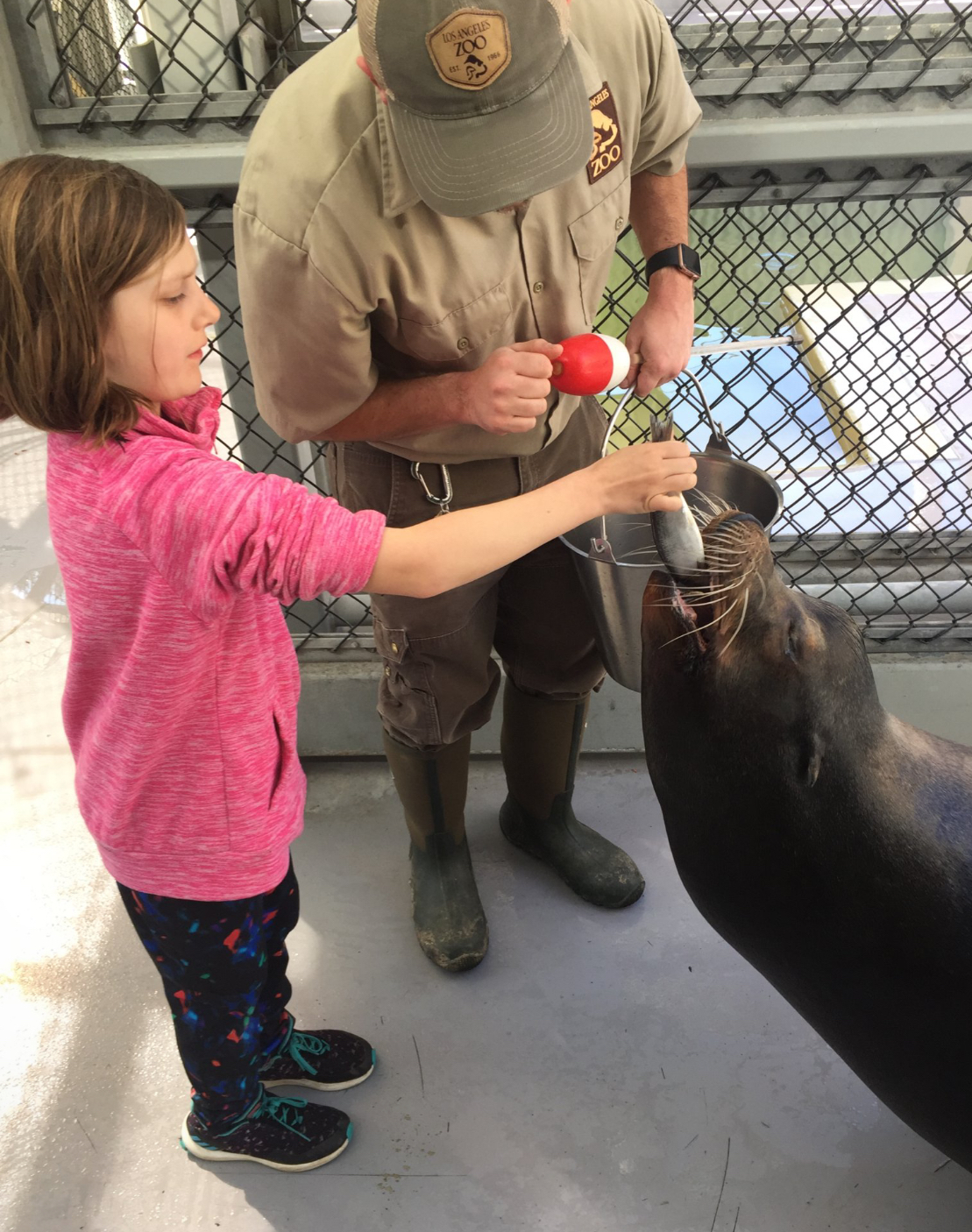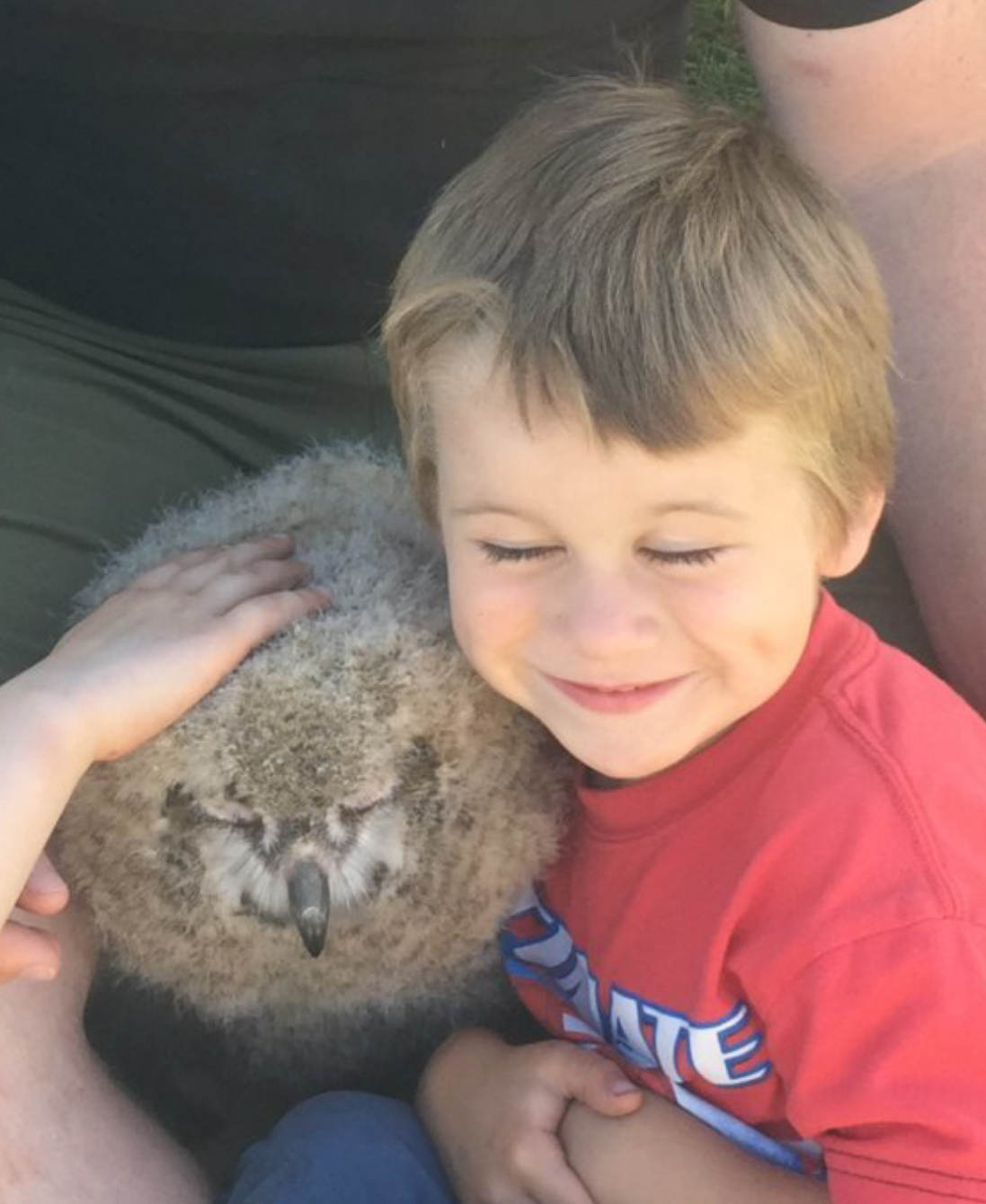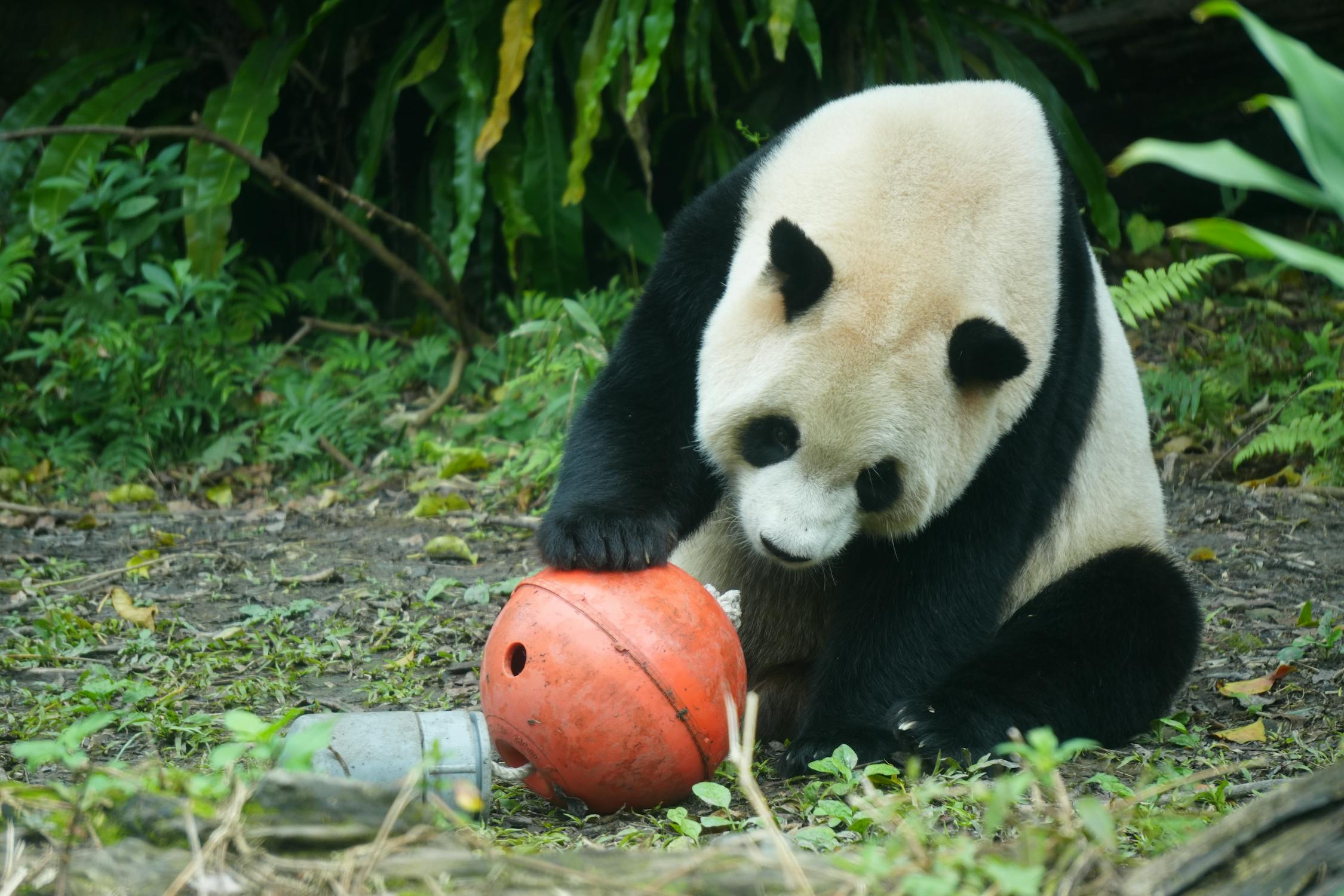With most things in life, laying a strong foundation is crucial for long-term success!
Unfortunately, many of us are tempted to take the easy road and skip laying these foundations. An important step is overlooked by jumping right into the principles, theory, and application of how to train animals. There is a very foundational question that all animal trainers should have an answer to. That question is…
Why should we train animals anyways?
The why needs to be answered before focusing on the how. This will help you grow in your animal training journey. If you want to be a good animal trainer you will want to be able to answer this question easily and confidently. Answering this why with honesty, authenticity, and with knowledge is a mark of someone who understands training.
Animal training rarely comes naturally for people. It is a skill that takes work and lots of experience to develop. It comes with a complicated list of do’s and don’ts, seemingly contradictory information, and a whole lot of time, effort, and energy. Often what happens, which many are guilty of including me, is not putting effort into training until after problems arise. If we have solid reasons for training our animals, we will be more likely to take a proactive approach and stick with it. This blog aims to give my top four reasons why we should invest time in training.

Reason #1. Training helps animals integrate well into their environments
Most of the training with our pets will fall under this heading. Animals living in our care are in the environment that we create for them. Training can help animals and people be able to live together beneficially.
Simply, training helps us communicate rules and boundaries that set our animals up for a life of success. It’s up to us to teach our animals how we would like them to behave and to divert their unwanted behaviors. A pet who is not taught how to share life with us appropriately has a high chance of turnover, ending up in an animal shelter, or worse. We want animals who are well-adjusted to life in our home. The key here is to be consistent and to keep the future in mind.
So why should you train… to help set the animals in your care up for success for the life you’ve created for it.
*Additional thoughts – We often think animal trainers only focus on the consequences of behavior. But a huge part of animal training is what’s called antecedent arrangement, also known as antecedent control. It means setting up the environment or a situation to get the behavior you want. This is still training. Great trainers are masters in understanding this principle. For example, if you want your child to eat better you could reinforce good choices and punish bad ones (consequence focus). Or you could start by simply removing unhealthy options from your pantry and lead by example. You are “training” by setting up the environment around them for success.

Reason #2. Training can help encourage natural behaviors
Animals have mental and physical needs. The environments we’ve created for animals often lack what our animals need for them to live healthy lives. Animals are individuals and we should view them as such. All animals have different needs, desired environments, and natural biology. Training can be catered towards what benefits the animal once we understand what animals need to live healthy and hopefully “happy” lives.
Training is much more than teaching animals “tricks.” It holds ethical implications that can affect the whole animal. Some dogs love to stop and smell the roses. They should be given these opportunities. Through training, we can communicate to them when they can engage in this favorite activity. Through training, we can communicate to our cats that they can scratch on the new cat tower but not on the new couch. A zoo animal that needs to exercise can be trained so that before and after zoo hours it can freely run along the zoo paths (or wherever safe) with a keeper.
So why should you train… to be able to give your animals greater opportunities to be mentally and physically challenged.
*Additional thoughts – We often think of Behavioral Enrichment (BE) as a means to an end for encouraging natural behaviors. Nothing can be further from the truth. While BE gives an animal something to do for a time training opens unlimited mental and physical opportunities. A dog given a bone is “happy” for a time. A dog who has been well-trained to walk on a leash creates an environment where the dog and owner can look forward to walking together. An activity that both can enjoy and reap the benefits of. A bird who is trained to free-fly and given that ability out of its enclosure has a greater welfare benefit than one who is not. This bird then has opportunities where flying could be incorporated into a program or show and flown in various situations and places.

Reason #3. Training helps animals participate in their own care
Just like us, animals need routine care such as nail trims, vaccinations, and brushing. If animals are not trained on how to behave during these situations we create added and frankly un-needed stress.
Our older dog, Byron, has been trained to voluntarily allow for nail trims. Byron willingly and even excitedly offers his paw while we clip away.

Our young puppy, Kermit has not yet been trained for his nail trims. He struggles and squirms while it takes two of us to hold him and trim a couple of nails. These two dogs have completely different experiences and stress levels (both human and animal) to the same procedure.

Training to allow for voluntary medical cooperation is called Husbandry Training. Husbandry Training is proactive. The benefits must be recognized, goals must be created, and the training must proceed carefully for good husbandry training. The key is to train an animal to do the desired behavior and to do it calmly and willingly with the least amount of stress possible.
So why should you train… to give animals the tools they need to willingly cooperate in their own care and as stress-free as possible.
*Additional thoughts – Husbandry Training has many possibilities for improving animal welfare. All animals in the care of man have situations in their lives where training can reduce stress and allow us to care for them. These medical or needed procedures can be done without hurting our relationship with proper training. Cleaning their ears or teeth, brushing or trimming hair, traveling in a crate, standing still to clean a wound, visiting the veterinarian, and taking medicine all fall under this training.

Reason #4. Training can help us build strong relationships with animals
One of the benefits of training, specifically positive reinforcement training, is that it can build strong relationships between humans and animals. Strong relationships are built when you know what’s expected, what to do, how to communicate, and where time is invested. These relationships will flourish. It is not much different from our relationships with people. Relationships are created by sharing experiences, learning together, and investing time. Animal training touches on all three of these things. Trust is also a key component of a healthy and growing relationship. Training helps develop this trust by opening up needed communication and understanding between humans and animals. When we spend time training we are learning together more about our animals and they learn more about us.
A common way to think about this relationship is to view your interactions with your animal like an account. What we do either adds to our account or takes from it. Training is one of the best ways to build a full account if done right.
So why should we train… to help build strong relationships with our animals that are built on mutual trust.
*Additional thoughts – If you have been training for a while it can be easy to get hung up with getting results, becoming a check on your to-do list, or even becoming about your ego. We have to be careful that we don’t start looking at the animal in front of us as a mindless machine we can manipulate. Instead, trainers should be thinking about how they can build stronger and better relationships. A strong, healthy, and mutual relationship allows us to provide the best welfare for our animals. It is for their benefit as much as for ours. Training should be fun for both parties! Don’t forget that.




